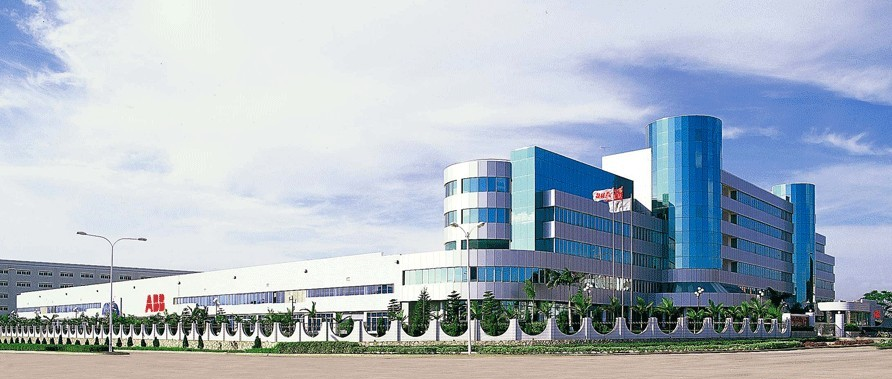Success in the field of power and automation in Vietnam must be based on a number of fundamental factors. Through several of ABB's major projects in Vietnam, Mr. James Mullen, Project Manager of ABB Vietnam, shared with IA Vietnam its thoughts on the potential of ABB in Vietnam. Projects are being implemented strategically in Vietnam.

Sir, would you please name the key projects that ABB is participating in Vietnam and the size of those projects?
First, the Masan Group's Nui Phao mineral portfolio, with a total value of $ 400 million, will start operating in the first half of 2013. ABB Vietnam is selected to supply over 90% service for this project.
Next, the Ha Tinh Formosa Iron and Steel Complex, with a total value of $ 15 billion. The first phase will be completed by 2014. ABB Vietnam will provide valuable GIS stations and switches with about 50 million dollars for this project.
Does ABB Vietnam implement these projects with domestic capability or receive support from ABB in other countries?
Each project has different sizes, requirements and end users. For the two big projects of ABB now, we have different ways to implement.
For Masan Group's Nui Phao Minerals project, a general contractor company carries out most of the engineering work. ABB Vietnam is involved in the supply and installation of equipment for such engineering designs.
However, with the Ha Tinh Formosa Iron and Steel Complex, there is no general contractor, so ABB is responsible for both technical design and equipment supply. In order to serve this project, we need to coordinate between ABB Vietnam, ABB Taiwan and ABB Switzerland.
How do you assess the challenges and opportunities of ABB in the Vietnamese market? Besides, please share some new markets that ABB has the opportunity to develop?
From a global perspective, Vietnam still has a strong GDP growth rate and attracting investment. We see this through the large investment projects of Formosa, Samsung, Nokia and even ABB itself. Many countries are actively investing in Vietnam such as Japan, Korea and Taiwan. From this perspective, ABB has a lot of opportunities in the Vietnamese market.
Challenges in the present time, I think the financial situation tightening, the delay in the approval of the project, some unclear regulations, and lack of skilled human resources.
If you know how to balance the opportunities and challenges in business as mentioned above, industries such as fast-moving consumer goods, large-scale projects, high-tech manufacturing still carry a lot of potential for engaging.
What are the main objectives of ABB Vietnam's plan?
ABB's main goal in Vietnam is to increase the use of domestic resources. In addition, we need to strengthen business cooperation with Asian countries, using the products and solutions of those countries as much as possible.
In addition, we also need to expand the plant to increase production, meet domestic consumption and export demand to achieve sales of more than 150 million dollars per year.
Could you share some of the key plans to help ABB increase market share in Vietnam?
To develop in Vietnam, we need Vietnam to attract domestic and international investors. Therefore, these investment projects must have a reasonable business model to attract investment. In Vietnam, ABB is still implementing its investment plans with a network of distributors and authorized partners, in parallel with the expansion of the plant, the development of good services and technical support. For international investors, we provide the support of both ABB Vietnam and ABB worldwide to meet the needs of our clients worldwide.
Source: Mai Van - Industrial Automation Magazine Vietnam






